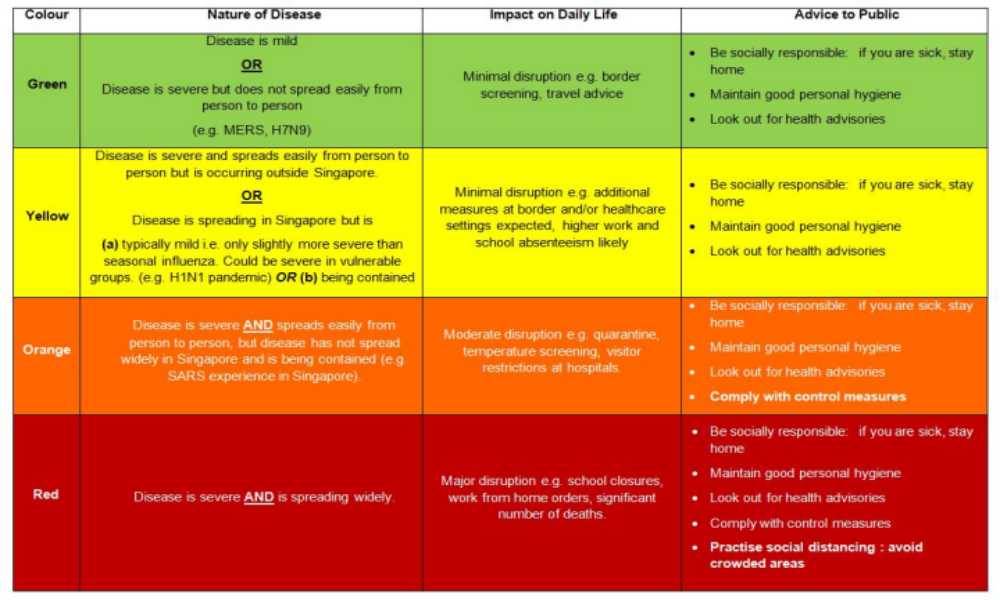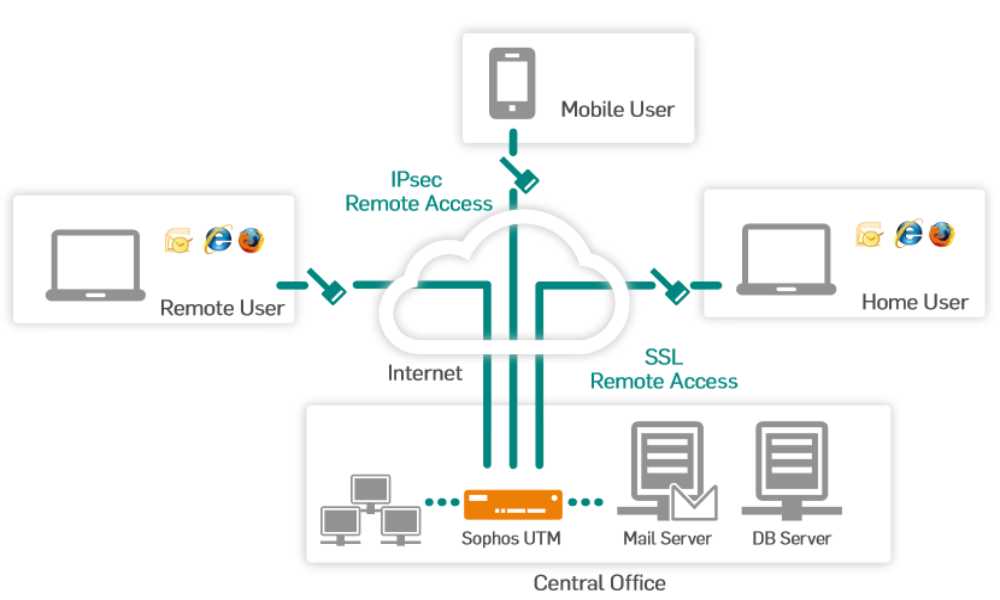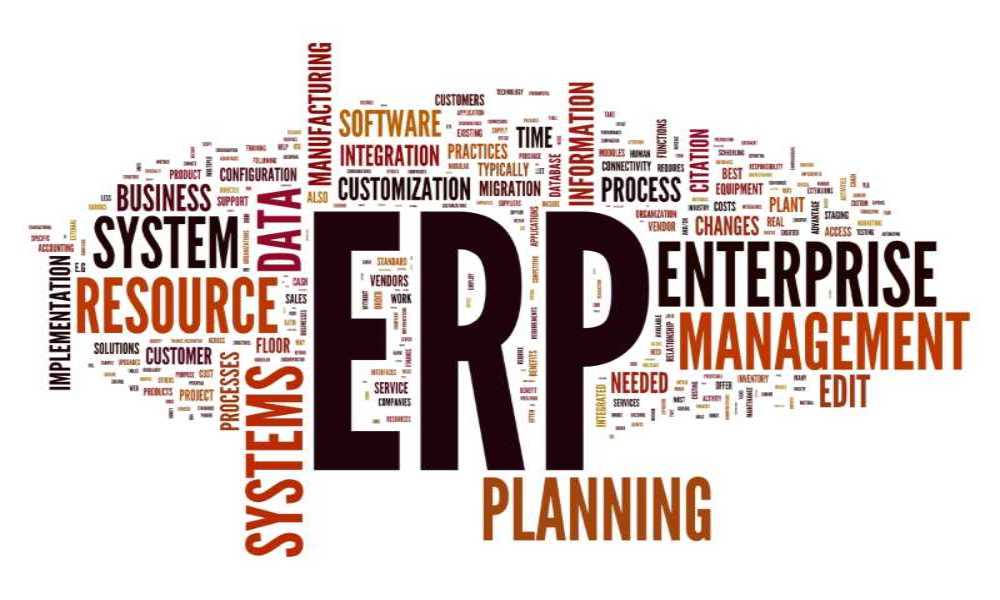According to Investopedia that the definition for BCP (Business Continuity Plan) is as follow:
Business continuity planning (BCP) is the process involved in creating a system of prevention and recovery from potential threats to a company. The plan ensures that personnel and assets are protected and are able to function quickly in the event of a disaster. The BCP is generally conceived in advance and involves input from key stakeholders and personnel.
Source: https://www.investopedia.com/terms/b/business-continuity-planning.asp
We are well aware that disasters of any dimension can strike us without prior warning. Even more so when our world is so connected digitally. We have seen government agencies as well as businesses being disrupted by a cyber attack. Is your business able to resume operation when an unforeseen catastrophic event attacks your company?
Is your employees adequately trained and carry out the critical processes so that the business can continue to operate with little interruption. This becomes extremely pertinent during the COVID-19 outbreak in the early part of 2020. In order to contain the widespread of the Corona Virus, the government advised the public to avoid crowded places, to seek medical treatment immediately if you are unwell. Companies have also taken the lead to begin to plan for their employee to work from home. Many companies have also activated their BCP plan and split their team into two so that they minimize the contact among the employee.
But is this really what a BCP plan is?
Will you still have access to your critical information if the workplace is closed due to virus widespread? Do you have a flexible work arrangement for such a situation including high-risk employees or employees who need to stay at home to take care of their family members? Are they equipped with the tools and know-how to continue with their work from home?
The DORSCON table according to the Ministry of Health (extracted on 3.Mar.20) clearly suggests that the impact on daily life when it turns to RED is to work from home. Many companies have already started doing so although ORANGE was only announced on 7.Feb.20.

Credit: MOH
Consider the following when you are planning for BCP:
Form your BCP team. Without support from the top management, most plans will fail. A well-committed team will ensure the plan is well prepared and executed. This team must be trained and constantly upgrade themselves annually to stay updated with the latest changes and development.
Engage qualified BCP professionals to help you design a plan. The plan will include all the details that every employee is expected to know and execute in the event of any crisis outbreak. You can also consider having a BCP audit by an external body to uncover any possible gaps. Your BCP master plan should be shared with all employees and rehearsed annually so that everyone is familiarised with the plan.
Have you already secure a remote working site? And are all your employees equipped with the necessary tools to perform their jobs from home or remote site? For example, do they have a private and secure connection to the company servers?
Do you have the necessary remote access setup that is secured between the server and the remote site where the employee is working from when BCP is activated? The most common setup is using VPN (Virtual Private Network) which protects your company valuable assets from the hackers out there.


Last but not least, make sure to keep proper documentation at all times and backup periodically. And at the same time, maintain open and friendly communication with all employees and stakeholders is crucial as well.






